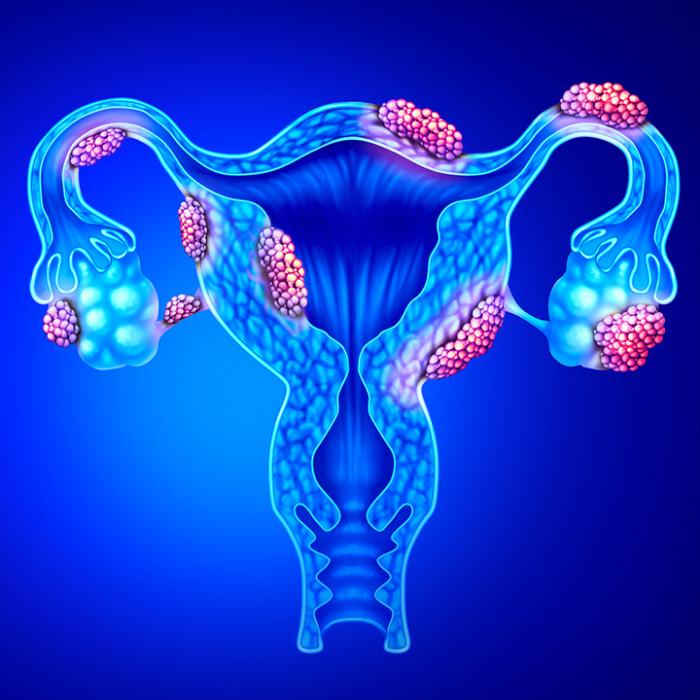Chien-Hua Kuo, a Taiwanese woman who suffered from endometriosis, would sometimes faint because of severe menstrual pain. Despite undergoing surgery to remove ovarian endometriomas (chocolate cysts), the condition soon recurred. How did she ultimately manage to overcome her menstrual pain?
Menstrual Pain Worsens
Kuo’s menstrual pain improved for a while, but after she gave birth at age 36, it worsened, making it impossible for her to continue working. She consulted a doctor and was diagnosed with endometriosis and ovarian endometriomas. During this period, her family faced financial difficulties, and she was overwhelmed trying to balance work, caring for her young daughter, and looking after her hospitalized father-in-law.Kuo underwent surgery to remove the ovarian endometriomas, but her symptoms returned just a few months after the operation.
The doctor explained that this was related to her condition, advising, “Return for surgery again if the pain becomes unbearable.”
Kuo knew that another surgery was not feasible—she had no one to care for her and no one to manage the household.
Radio Broadcast Leads to a Turning Point
Taiwan is frequently hit by typhoons. In July 2000, during one such typhoon, 37-year-old Kuo was trying to listen to the latest updates but unexpectedly came across a broadcast about Falun Gong instead.On the radio broadcast, the guest talked about how her husband had had a bad temper and many ailments, but experienced positive changes soon after practicing Falun Gong. The broadcast also mentioned that the lessons were offered for free. Kuo, who was facing financial difficulties, decided to try it.
Her first group practice of Falun Gong took place in a park close to her home. After the morning session, she felt a significant improvement in her physical well-being.
Additionally, she began reading Falun Gong’s core text, “Zhuan Falun,” and experienced a peculiar sensation.
Painful Menstruation Disappears After Practicing Falun Gong
After she began practicing, her menstrual pain gradually improved. However, because of her previous experiences of fainting during menstruation, she was concerned that she might faint if she practiced during menstruation. Therefore, during the first three months of practicing Falun Gong, she chose not to practice it during her period.Two older women who practiced Falun Gong with Kuo learned about her situation and told her that group practice could be particularly beneficial. They encouraged her to participate in outdoor group sessions even during her menstrual period.
On the first day of her period in the fourth month of practice, Kuo decided to join the group despite her abdominal pain.
As soon as she began meditating, her abdominal pain dissipated, and she felt relief. However, after about half an hour of meditation, her legs began to hurt intensely. Previously, she had only been able to sit for half an hour.
“However, this time, I endured the pain and managed to sit for 40 minutes before finally stretching my legs,” she said.
By the end of that meditation session, her menstrual pain had disappeared completely.
Since then, she has continued practicing diligently and has remained in excellent health for more than 20 years.
Additionally, her practice has brought significant changes to her personality.
She noted that before practicing, she appeared calm on the surface but often harbored resentment. Since starting her practice, she rarely feels resentful and handles conflicts with a more peaceful attitude.
Kuo’s daughter has practiced Falun Gong alongside her mother since the second grade. She excelled academically, displayed a kind-hearted nature, and has become an accomplished internal medicine doctor.







